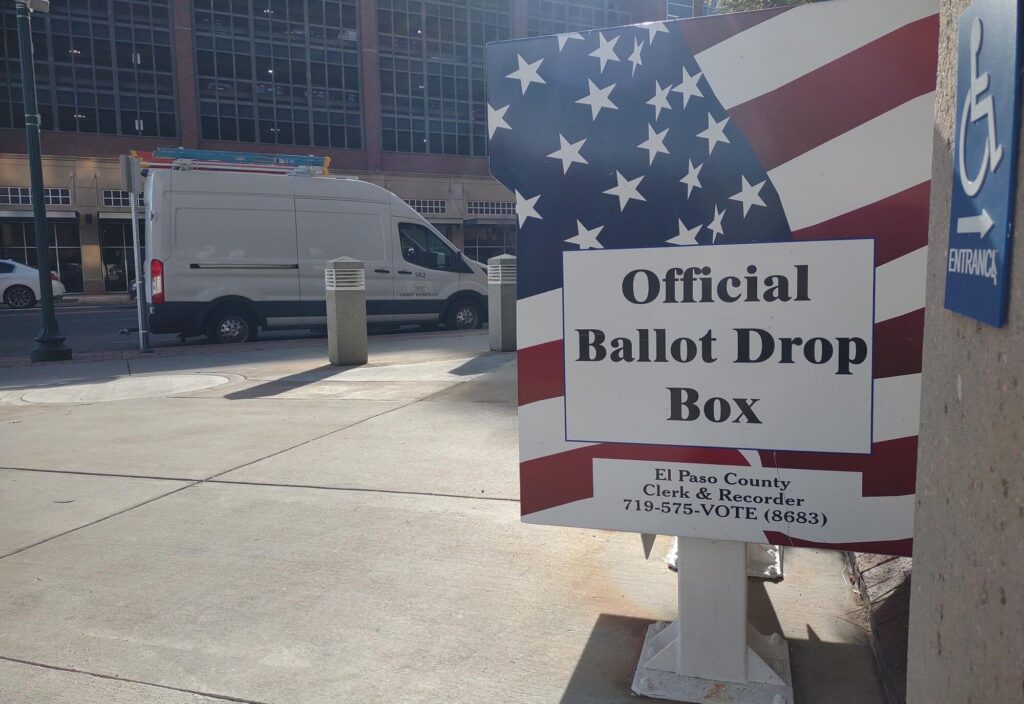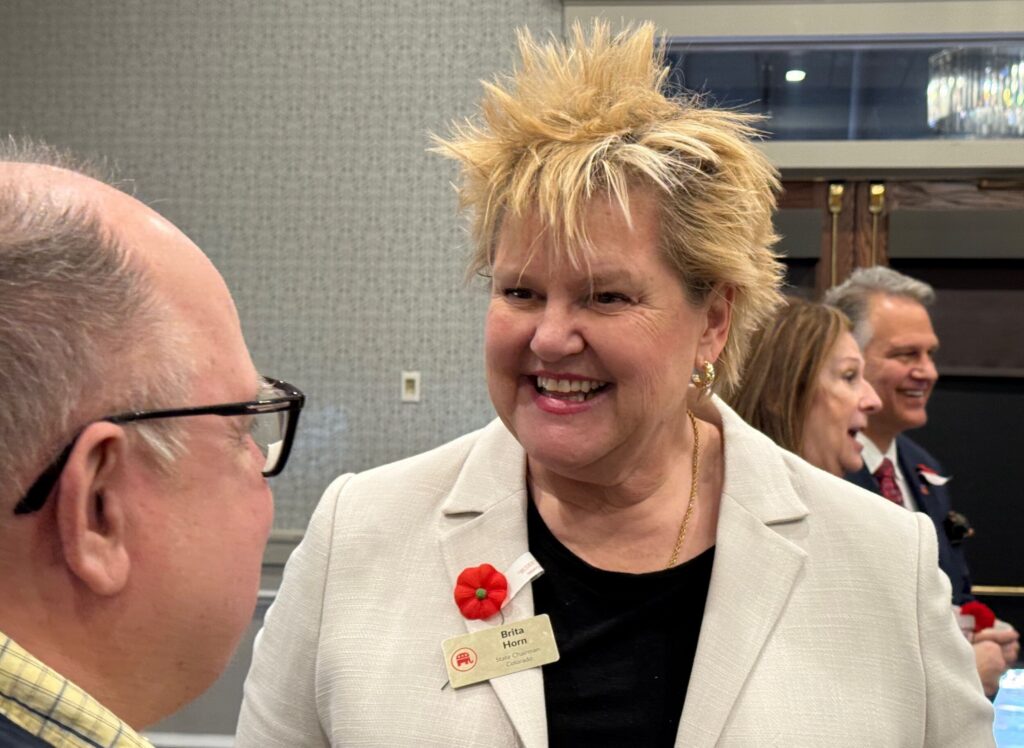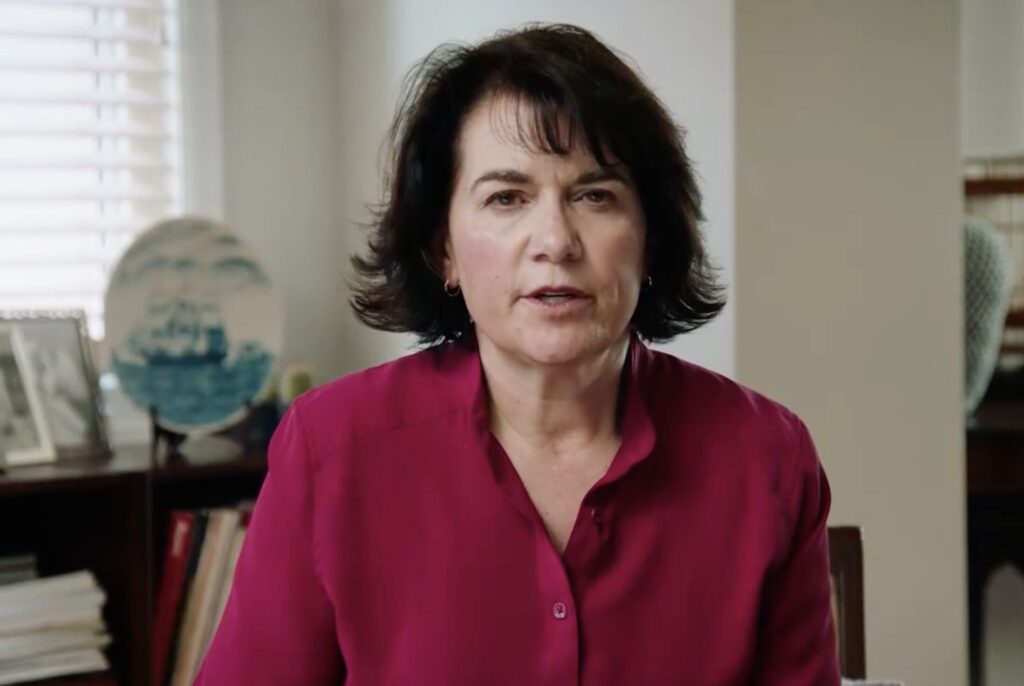Denver Health expands addiction medicine center with focus on youth, training

With millions of dollars in new funding and amid a spiraling overdose crisis, Denver Health announced that it’s expanding its addiction services with an eye toward youth and establishing an academy to offer trainings on behavioral health and substance use.
Much of the fresh funding comes from a $1.5 million national grant, a $1.2 million slice of federal funding and a $750,000 gift, the hospital said in a statement.
Effort to get overdose antidote in hospitals reached nearly all Colorado facilities in first year
The money will help expand behavioral health services throughout Denver Health’s system for children whose parents have substance use disorders, as well as supporting inpatient withdrawal care and intensive outpatient treatment for adolescents struggling with addiction. The hospital will also establish the Center for Addiction Medicine Academy, where Denver Health staff provide training to people inside and outside of their system.
“I work in the adolescent substance use treatment field,” said Christian Thurstone, the hospital’s behavioral health services director. “I’ve lost five patients in my 20-year career. Three were in the last 18 months. The opioid overdose epidemic is really hitting home for a lot of us.”
Colorado – like much of the rest of the nation – is battling a spiraling overdose crisis fueled increasingly by fentanyl. More than 1,600 people fatally overdosed here in 2021, according to preliminary data from the state Department of Public Health and Environment, and opioids contributed to more than 1,100 of those deaths. In Denver, police chief Paul Pazen has said more than one person fatally overdoses here each day.
The largest chunk of the new funding, from the Foundation for Opioid Response Efforts, will focus on providing mental health treatment to children of drug users, “to help break the cycle of addiction,” Thurstone said, and improve bonds between those families. Providers throughout Denver Health, including its primary care offices, can refer families for the service.
Denver Health Foundation announces new executive director, board members
“The whole idea is that starting here in Denver and ideally spreading across the state, we want to make it so that every baby born in Denver has access to a really strong start,” he said. “So we can do that by providing infant mental health services that help babies and caregivers bond with each other. We know that people, adults experiencing addiction, that their children are at significant risk for developing addiction themselves. “
The $1.2 million in federal money and the $750,000 from Gary Community Investments will build a facility for the hospital’s Center for Addiction Medicine and help spur the creation of the academy. Thurstone said the academy’s first trainings will be about trauma- and resiliency-informed education for health providers, to train them on “how to take care of people who’ve experienced significant trauma,” he said. Another early plan is to provide education on how to best use medications to treat people using fentanyl.
Brooke Bender, the administrative director for the Center for Addiction Medicine, said the goal is to “help traditional health care systems change their culture and become more of an addiction medicine treatment facility,” as Denver Health has endeavored to do to itself.
“The prevalence of substance misuse is so high,” she said. “We can’t just have our behavioral health programs that are specialized doing all of the work; we need to expand to have our traditional health care systems to be able to identify and lead folks into care.”
More funding, from Caring for Denver and Colorado Access, will allow the hospital to set up an “intensive outpatient substance treatment” for adolescents, Thurstone said; the need for that service became apparent because of the number of young people overdosing recently. Denver Health will also start offering withdrawal management for people 21 years of age and younger.
“That’s really important because the current standards of care in most situations is if a young person presents with a fentanyl overdose and then gets revived with the use of Naloxone in the emergency department, they’ve most frequently get discharged from emergency department,” Thurstone said. Naloxone is a medication used to reverse opioid overdoses.
“This’ll help these teenagers be admitted to a medically monitored withdrawal and be connected to care and have a seamless transition,” he continued. “We have over a thousand youth per year who present to emergency department for primary substance intoxication and withdrawal.”
What’s next for Colorado hospitals, health care with staffing as COVID-19 pandemic ebbs?
That patient would be admitted to the hospital for roughly five days, he said, from which point they can begin treatment in the hospital before being referred to the intensive outpatient program. That, in turn, can become regular outpatient care at the hospital’s main facility or at its school-based sites.
Thurstone said Denver Health’s adolescent psychiatric unit “has been running at 100% capacity yearlong,” mirroring reports of high volumes at Children’s Hospital Colorado. A year ago, that facility declared a state of emergency for youth mental health here.
“The fentanyl epidemic has not spared adolescents; we’re clearly seeing that,” Thurstone said. “The methamphetamine epidemic has not spared adolescents. And the increased potency of cannabis products has really affected adolescents significantly.”
The outpatient treatment for youth started March 1 and is already “going strong,” Thurstone said. The first withdrawal patients will be seen in December, and the academy is underway. Bender said Denver Health is hiring more social workers and peer navigators, who have histories of substance abuse and can help those who are struggling. The hospital is also working with other people in recovery or their families to build nonclinical treatment programs in the area.













